I remember that first year I was working as an Assistant Preschool Teacher hearing almost every other teacher at my child care center telling children: “Use your words!”
I can still hear the exact tone they all used in my head.
(Can you hear it too?)
I quickly added this phrase into my own teaching toolbox.
…and I used it OFTEN. Like, countless times per day. It’s what we did.
Perhaps you and your coworkers use this phrase too?
Flash forward 2-3 years later and I was enrolled in a Masters program and I learned something concerning in one of my courses...
How we prompt children to "use their words"? Um, my coworkers and I were basically doing it wrong.
Yep, wrong.
My world turned upside down…
And then I realized "use your words" actually wasn't working that well - at least not with the kids who grabbed and hit the most.
When teaching a new skill “prompting” a child to say or do something is something you do ONLY once the child has consistently demonstrated their ability to use the skill with modeling and support.
Furthermore, we should only be relying on a simple “prompt” when the child has shown they can use the skill with modeling and support in context.
Let me break it down and explain…
And, by the way, no one is to blame here!
Not me. Not my coworkers. Not you. Not the people you work with.
It’s happening every where, we all learn it from each other and it seems like what we are supposed to do!
But the problem is:
As early childhood teachers, we are for the most part skipping some very important steps as we strive to teach children to ‘use their words’.
First, we need to make sure the child knows what words to say in a given context.
During the preschool years, and especially when we are working with a new group of children, we need to give them the words.
This means that if we see Isabel reaching to grab a toy from Starr that instead of calling “use your words!” in a sing-song voice from across the room we need to say, “Isabel, I’m coming to help you…” (cause we know she typical grabs), walk ourselves over there and do some actual teaching/modeling.
Something like: “Isabel, tell Starr: ‘I want a turn’” or “Isabel, ask Starr: ‘Can I have it when you’re done?’”
The most important part of the sentence above is that we give the child some words they can repeat and include the prompt, “Isabel, tell Starr…”
So, I we’re not just prompting generically. We’re prompting specifically what to say. And modeling a sentence that Isabel can simply repeat.
You can do this with ANY words you want the child to stay in a given context. My point here is not to give you an exact script in terms of what the child should say. I am giving YOU a script in terms of being very specific in how you give them some words to use.
Note: I did NOT say, “Isabel, tell Starr you want a turn.”
NOPE, that’s not it!
At least not at first. If you say “…tell Starr you want a turn” then the child has to translate from you saying it in the “the second person” to “first person language”.
Make sense?
Once the child is using language to ask peers what they want (not just Starr, not just the doll, but generalizing this to asking Joshua for a turn with a ball on the playground) then you can shift to “Tell Joshua you want the ball…” and eventually once they are very very proficient to “Use your words”.
But here’s the thing: most of us are going to shift to “Tell Starr you want…” and then revert back to “Use your words” entirely too soon.
So, especially with the children who grab and use aggression consistently, become easily disregulated and upset, I want to urge you to give them the exact words they need and to say those words in a way that they can simply repeat.
Just take a guess about what they are grabbing for and what they want. Don’t worry: they will correct you if you got it wrong!
I don’t recommend saying, “Do you want the doll, Isabel?” or “Why are you grabbing?” or “What do you want?” or “Why aren’t you using your words?” or “You know it’s not nice to grab.”
Think of the words you are about to give the child as a life preserver.
We all see how children grabbing can escalate to aggression between children and/or a power struggle between the child and you as the adult trying to help.
So we don’t have time for offering choices or asking open-ended questions in the 10 seconds before the grab (those are great strategies for other times but our field has over-generalized the use of them inappropriately).
Just: give them the words they need + prompt them to repeat them!
Can you try it out and let me know how it goes?
Oh one last thing - if you and/or your coworkers are saying “use your words” and it works successfully to support children 100% of the time the just ignore this. YES, it works some of the time. YES it helps some children some of the time…and in some classrooms, some years it works 99% of the time or more, especially by the end of the year! OK, great.
My concern here is that lots of the time we keep saying “use your words” and since we skipped the step of giving them the words some children are not actually learning to do this on their own.
Make sense?
Let me know your comments, thoughts and questions in the comments below please!
Also, do you want more tips for using your words intentionally?
Our 2021 Transform Challenging Behavior Online Conference Teacher Package with over 50 hours of learning includes a session on how you can prevent challenging behavior by tweaking the language you use with children.


